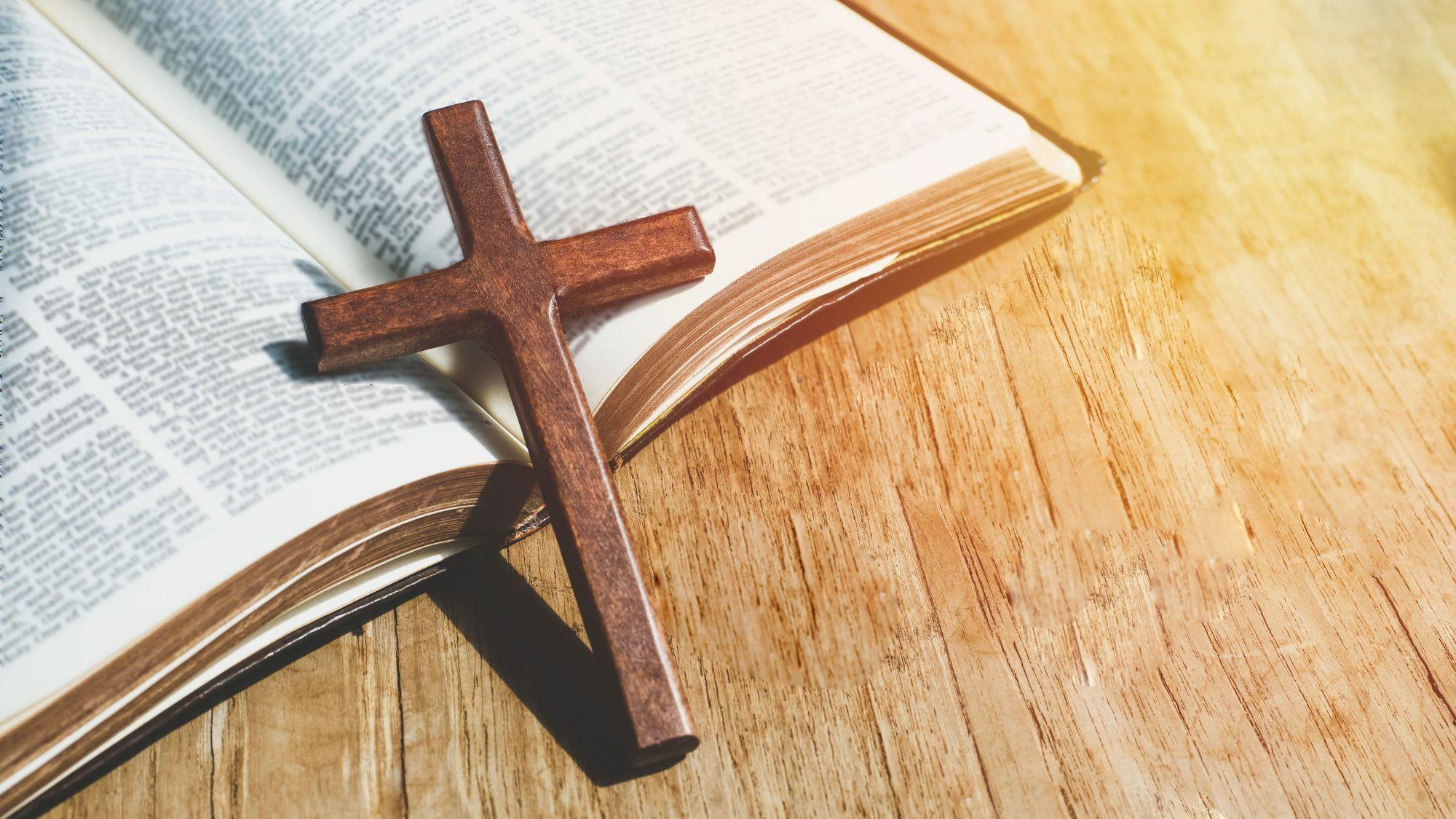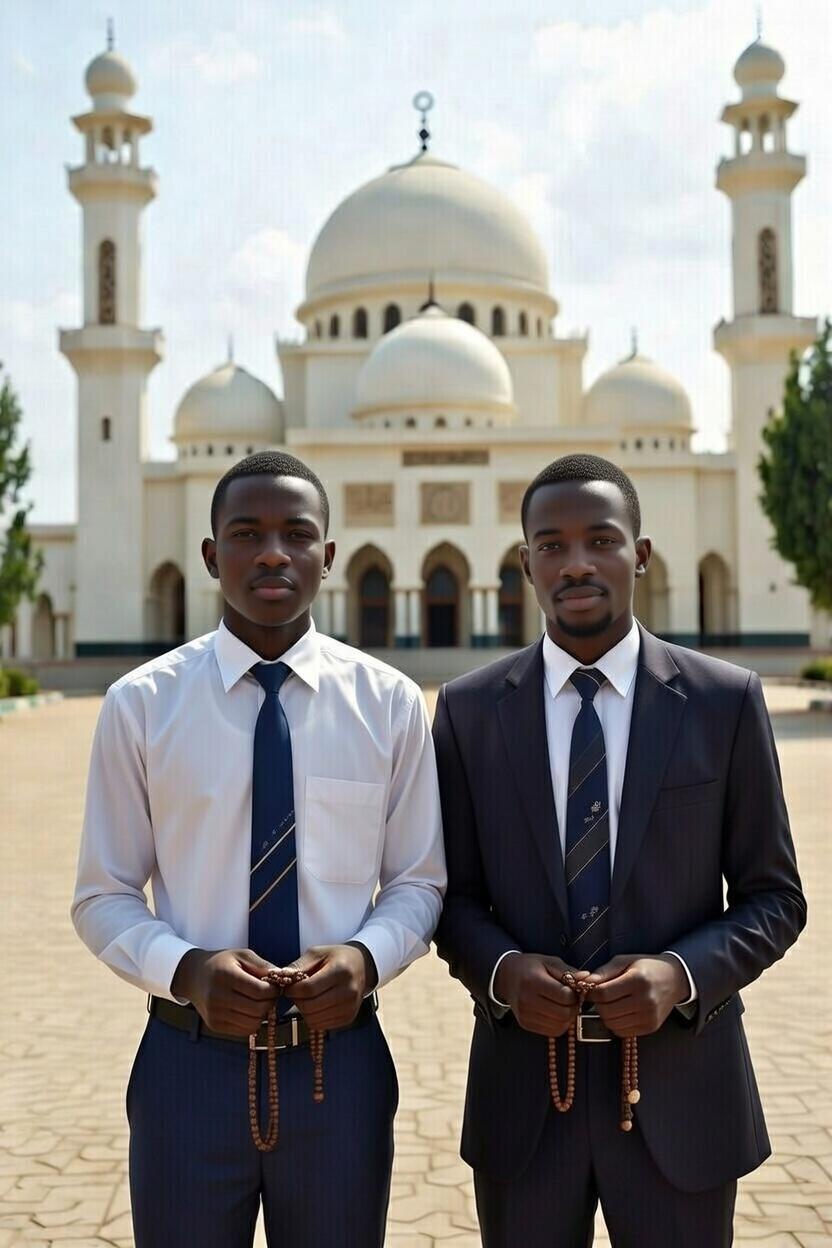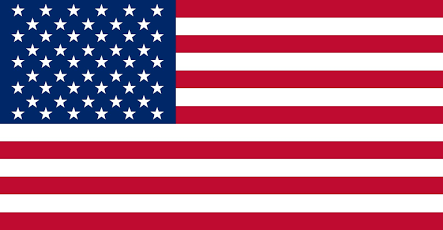The History of Christianity in Nigeria

Christianity has played a powerful role in shaping Nigeria’s culture, education, and national identity. But do you know how it all began? The story of Christianity in Nigeria stretches back over five centuries — from early Portuguese missionaries to today’s thriving churches that influence millions across the world.
📜 Early Beginnings (15th Century)
Christianity first arrived in the region now known as Nigeria in the 15th century, brought by Portuguese Catholic missionaries who came with European traders along the West African coast.
They established small churches in areas like Benin and Warri, where they tried to spread the gospel among local kingdoms.
However, their mission faced resistance. Traditional religion was deeply rooted, and without lasting local support, these early efforts slowly faded by the 17th century.
🌍 The Missionary Revival (19th Century)
The real spread of Christianity in Nigeria began in the 19th century. After the abolition of the slave trade, many freed slaves who had become Christians in Sierra Leone returned to their homeland with a burning desire to share their new faith.
They were joined by European missionary societies such as:
- The Church Missionary Society (CMS) — Anglican
- The Methodist Mission
- The Baptist Mission
- The Roman Catholic Mission
These groups established churches, schools, and hospitals across Southern Nigeria. They preached the gospel, taught literacy, and translated the Bible into local languages like Yoruba and Igbo — a major step that helped Christianity take deep root.
🏫 Education and Social Change
Missionaries believed education was key to spiritual and social growth.
They founded some of Nigeria’s earliest schools, including CMS Grammar School in Lagos (1859), which became a model for others.
Through education, Christianity produced early Nigerian leaders — teachers, pastors, and activists — who would later play key roles in the nation’s independence and development.
⛪ Growth and Diversity
By the early 1900s, Christianity had spread widely across Southern Nigeria. Different denominations — Anglican, Catholic, Methodist, Baptist, and Presbyterian — established strong communities.
At the same time, African Independent Churches began to rise, such as the Cherubim and Seraphim and the Celestial Church of Christ, blending Christian teachings with African worship styles, prophecy, and music.
In the late 20th century, Pentecostal churches brought new life to Nigerian Christianity, emphasizing revival, healing, and personal faith. Movements like The Redeemed Christian Church of God (RCCG), Winners’ Chapel, and Christ Embassy spread across Africa and beyond, taking Nigerian Christianity to a global stage.
🙏 Christianity in Nigeria Today
Today, Christianity is one of Nigeria’s two major religions, alongside Islam. It continues to influence education, politics, music, and community life. Despite challenges such as persecution and insecurity in some regions, Nigerian Christians remain known for their deep faith, vibrant worship, and missionary zeal.








